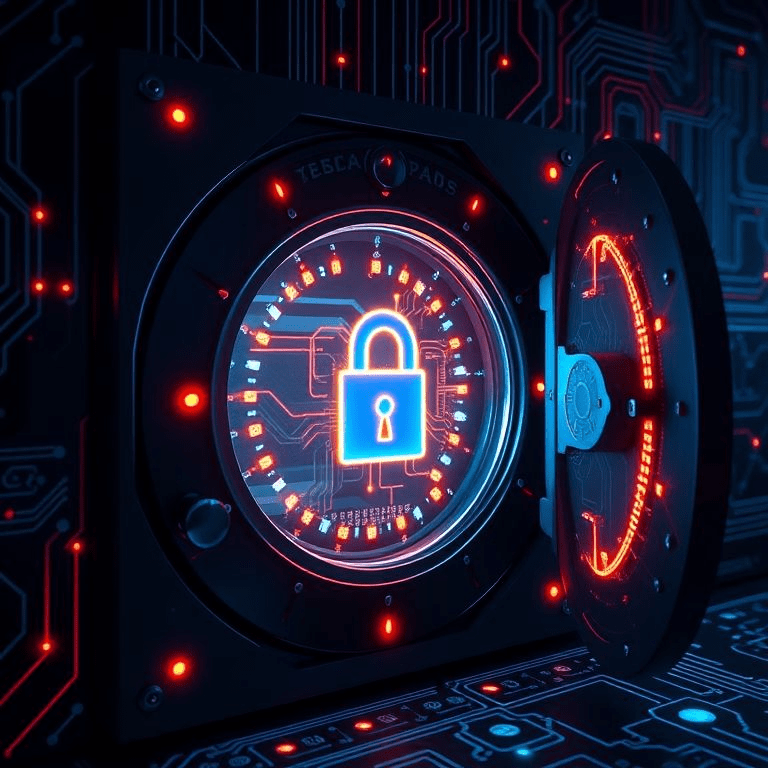Introduction: A Defining Moment for Energy Storage
In a bold step that underscores the accelerating race toward cleaner and more efficient energy solutions, Group14 Technologies, a U.S.-based battery materials startup, has announced the closing of a massive $463 million funding round. The funding, led by Fidelity Management & Research Company, is one of the largest ever secured by a battery technology company, placing Group14 in the spotlight as the world scrambles to advance silicon anode batteries—the next generation of lithium-ion storage technology.
This financing round not only validates the promise of silicon anode batteries but also positions Group14 to reshape the electric vehicle (EV) and renewable energy landscape. With global EV sales expected to surpass 30 million units by 2030, the demand for more efficient, faster-charging, and longer-lasting batteries has never been more urgent.
Background: Why Silicon Anode Batteries Matter
The lithium-ion battery has been the gold standard for decades, powering everything from smartphones to Teslas. However, the conventional graphite anode material is reaching its theoretical limits, leaving little room for performance improvements.
This is where silicon anode technology steps in. Silicon can store up to 10 times more lithium ions than graphite, theoretically enabling batteries that last longer, charge faster, and deliver higher energy density. The challenge has always been silicon’s tendency to expand and contract during charge cycles, leading to battery degradation.
Group14 claims to have solved this issue with its proprietary SCC55™ technology, which uses a composite material that stabilizes silicon at the nanoscale. Early tests suggest that this innovation could significantly extend battery lifecycles while offering performance leaps that automakers desperately need.
The Funding Round: Who’s Backing Group14?
The $463M Series D round was led by Fidelity, with strong participation from Porsche AG, OMERS Capital Markets, Decarbonization Partners (BlackRock + Temasek), and other strategic investors.
Notably, Porsche has been closely involved with Group14 since 2021, when it invested in the startup through its venture capital arm. Porsche’s ongoing commitment signals the importance of silicon anode batteries in next-generation EVs, including the German automaker’s flagship Taycan line.
Rick Luebbe, CEO and co-founder of Group14, said in a statement:
“This funding allows us to deliver on our vision of powering a clean energy future. With silicon anode batteries, we can break through the limitations of traditional lithium-ion cells and unlock performance never thought possible.”
The Road to Commercialization
The fresh capital will be used to scale Group14’s global manufacturing capacity, particularly its Battery Active Materials (BAM-2) factory in Moses Lake, Washington. Once complete, BAM-2 will be the world’s largest factory for silicon-carbon anode materials, with capacity to power hundreds of thousands of EVs annually.
In addition, Group14 plans to expand in Asia and Europe, two regions aggressively pursuing EV adoption. Collaborations with automotive giants, including Mercedes-Benz, SK Materials, and Porsche, suggest that silicon anode batteries could enter mass-market vehicles as early as 2026.
Industry Reactions: A Game-Changer for EVs
The news of Group14’s massive funding has generated buzz across the clean-tech and automotive sectors. Battery analysts see the investment as a strong signal that silicon anode batteries are finally moving from laboratory theory to commercial reality.
Dr. Venkat Srinivasan, Director of the Argonne Collaborative Center for Energy Storage Science, commented:
“This is the kind of scaling effort the industry has been waiting for. Silicon anodes are no longer an academic curiosity—they’re about to change the battery market.”
Automakers, too, are taking notice. A spokesperson for Porsche described Group14’s technology as a “critical enabler” for achieving performance milestones in next-generation electric sports cars.
Technical Deep Dive: What Makes SCC55 Different?
Group14’s breakthrough lies in its nanostructured silicon-carbon composite. Unlike pure silicon, which fractures under repeated expansion, SCC55 stabilizes the material, preserving battery integrity over thousands of cycles.
Key advantages include:
- Energy Density: Up to 50% more range compared to graphite anodes.
- Faster Charging: Ability to reach 80% charge in 10 minutes.
- Longer Lifespan: Dramatic reduction in capacity fade, extending overall battery life.
- Compatibility: Works with existing lithium-ion infrastructure, easing adoption for automakers.
This blend of practicality and performance is what sets Group14 apart in a crowded battery startup field.
Market Context: Global Demand for Better Batteries
The timing of Group14’s raise is strategic. Governments worldwide are tightening emission regulations, pushing automakers toward electrification. However, consumer adoption hinges on solving two pain points: charging time and driving range.
In markets like China and Europe, where EV penetration is already high, competition is fierce. Companies that can deliver superior battery performance at scale will win. Analysts project the silicon anode battery market could exceed $10 billion by 2030, and Group14 is vying to lead this transition.
Challenges Ahead
Despite the optimism, challenges remain. Manufacturing silicon anode materials at scale is capital-intensive, and ensuring consistent quality is difficult. Furthermore, established battery giants like CATL and Panasonic are also racing to develop silicon-based solutions.
Another hurdle is cost. Silicon anode batteries are currently more expensive to produce than graphite counterparts. Group14’s success will depend on achieving cost parity without compromising performance.
Future Outlook: Powering the Next Decade of Mobility
If Group14 succeeds, the implications are vast:
- Electric Vehicles: Longer ranges and shorter charging times could push EV adoption into the mainstream.
- Aviation: Electric planes, currently limited by battery weight, could become feasible.
- Grid Storage: Renewable energy integration would benefit from more durable batteries.
- Consumer Electronics: Smartphones and laptops could run for days without charging.
In short, silicon anode batteries are not just an incremental improvement—they represent a paradigm shift in how we store and use energy.
Conclusion
Group14’s $463M funding marks a watershed moment in the global battery race. With backing from industry giants, cutting-edge technology, and a clear path to commercialization, the company is well-positioned to lead the silicon anode revolution.
As CEO Rick Luebbe puts it, “The world is ready for a battery that meets the demands of the clean energy era. We’re here to deliver it.”
For the EV industry and beyond, the countdown to a silicon-powered future has begun.






